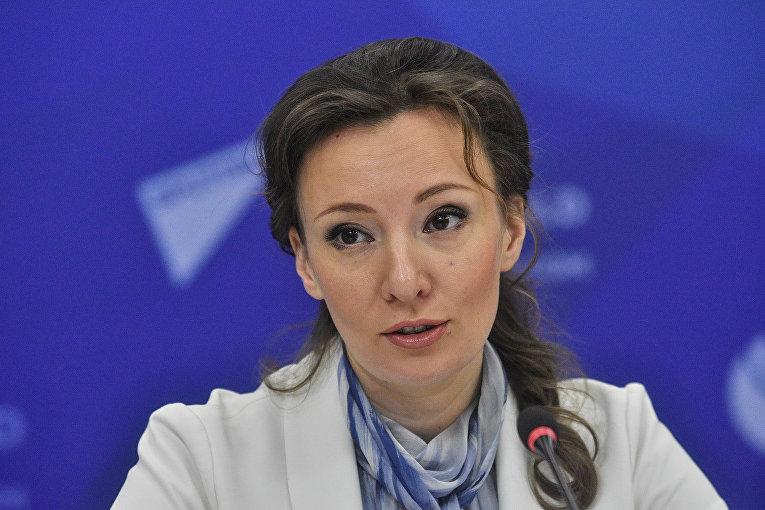MOSCOW, December 12 (RAPSI) – Children’s ombudsman Anna Kuznetsova and the St. Petersburg children’s hospice will monitor the efficiency of palliative care in Russian regions, RAPSI reports Thursday from a round table conference held in the Civic Chamber of the Russian Federation.
The monitoring is to be conducted as part of a special project launched by the child rights commissioner and the St. Petersburg children’s palliative organization.
According to Kuznetsova, experts have already drafted special points forming the upcoming monitoring basis.
A special report based on the monitoring results will be prepared for the President and palliative care policy intervention proposals will be developed, the St. Petersburg children’s hospice founder and chief Alexander Tkachenko said in turn.
In March, President of Russia Vladimir Putin signed the law specifying the concept of palliative care that involves a package of measures including medical treatment, after care and psychological actions aimed to improve the quality of terminally ill patients’ living and is oriented to the amelioration of pain. The law confirms the right of terminal patients to pain relief including drug preparations and medical devices. Such assistance is to be rendered on an outpatient basis and at hospitals by specially trained health workers. Palliative patients are also to receive social and psychosocial support as well as religious care, according to the law. Volunteers, social workers and representatives of religious confessions would be involved in these services.



